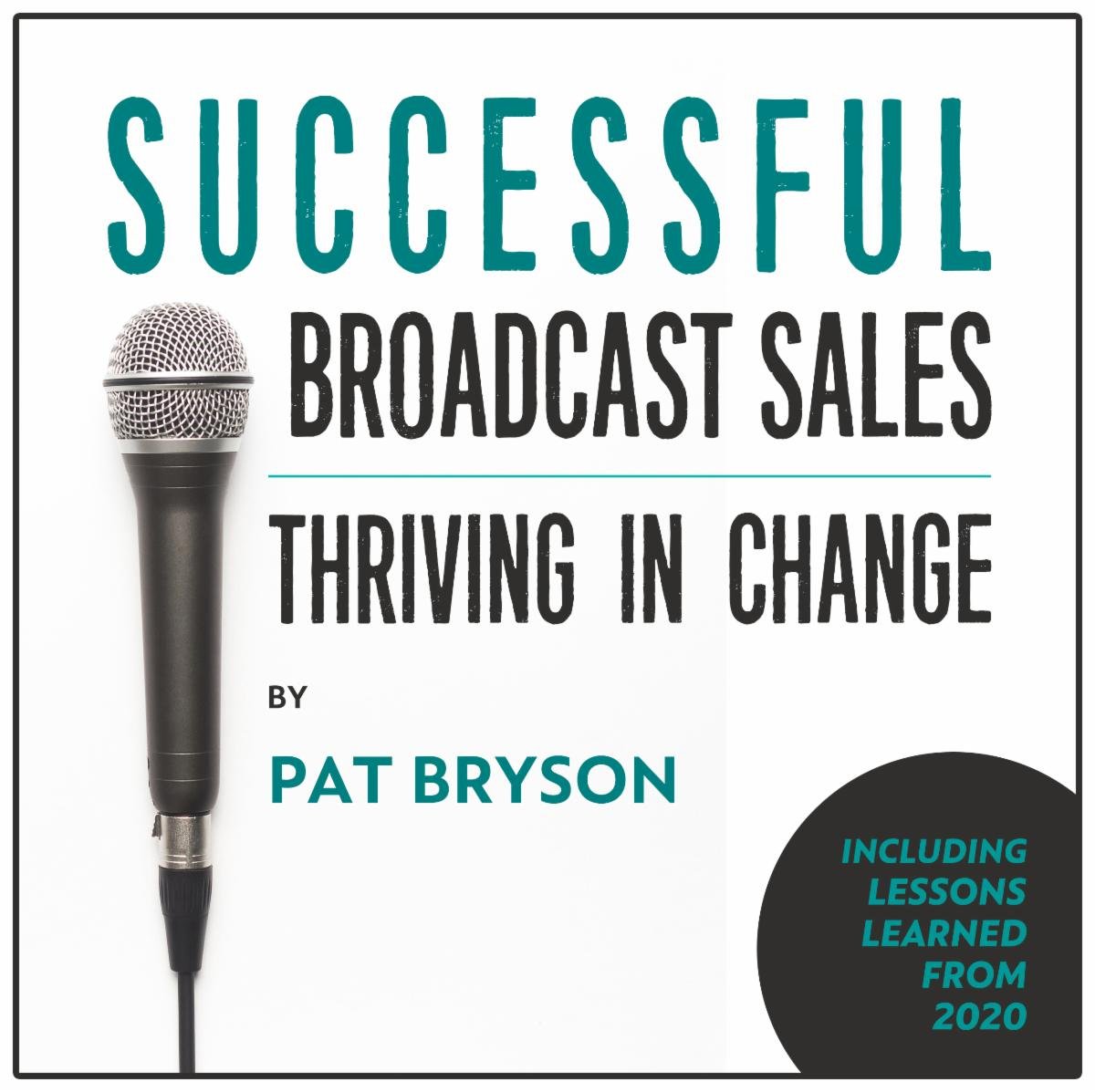It’s all about the tension levels
Selling Radio Direct with Pat Bryson
I was teaching a new group of salespeople last week and we were discussing how to manage the tension level that usually arises when we are asking a prospect to buy. If prospects are uncomfortable, they usually won’t buy from us. It’s up to us to bring the tension level down, to make our prospects comfortable. How do we do this?
We want to make sure that we use words from the world of our clients, not from the world of radio, TV or newspaper. Our industry terms should never be used outside our offices. Most of the time, our prospects don’t understand fully what we are saying. They may not want to ask us to explain. More than likely, they simply don’t buy. They are uncomfortable.
We also need to make sure that we speak clearly. How’s your grammar? Do you use dialects? In some areas of the country, it’s considered acceptable to use improper English. Actually, it’s not acceptable. You might get away with it in a small area, but if you talk to anyone outside the area, you will come across as uneducated. This makes it difficult to establish credibility. After all, we’re supposed to be the marketing experts.
What about those “ticks”, those physical things we do, often unconsciously, that signify that we are nervous. If we are nervous, soon our prospects are also. We transmit our nervousness to them.
There are also some words that we can use to manage the tension level, to bring it down: authorize, approve, agreement, results, proven, easy, save, results, profit, let’s.
On the other hand, there are words we should omit from our closing vocabulary because they will spike the tension level: contract, deal, sign, cost, buy, liable, obligation, price, pay, decision.
One of my former students had been a newspaper salesperson for 15 years prior to coming to radio. When we were studying these words, he shared with me how he had used them in his former profession. When he was calling on a prospect who used a competitor’s product, he used the words like this:
“How liable are you when you sign their contract? What type of obligation do you have to pay for their deal? With our agreement, we make it easy. All you have to do is authorize this campaign and the results have been proven by other of our clients.”
In other words, he used the bad words when referring to the competition and the good words when referring to his own. Diabolical? Yes. Brilliant? Yes!
Our job is to reduce the risk and stack the value. Doing so makes potential clients comfortable in saying, “Yes” to our offers. Higher billing awaits!


